Quick links, bringing you great articles on writing from all over the web.
Privacy is such an important, and often under reported, issue these days. It is so easy to find out information on someone. But as authors, we want people to know about us, and that means sharing something of who we are. At Jane Freidman, Anne Carley shares with us her tips and thoughts on your public face.
~ * ~
Are You Clear About Your Writer Persona? Going Public by Design
 by Anne Carley
by Anne CarleyToday’s guest post is by creative coach, writer, and editor A M Carley (@amcarley). Her company, Chenille Books, is offering a guided self-study course for writers, 30 Days to Becoming Unstuck, during May 2017.
Back in the day, ancient Roman theater introduced the persona, or mask. Some say it was used as a means of protecting the anonymity of influential citizen-actors who didn’t want the public to see them on stage.
As writers, we don’t always know how much of ourselves to share with the public. I believe it behooves each of us to create and curate an author persona—the public face for our work. When we become published authors, get our first podcast interview, our first guest post on a well-regarded writing blog, our first press interview, our first book event—somewhere along that path the thought occurs: Who am I? Who do I want to be? What am I telling the world about myself and my writing?
Wise choices count here. On the one hand, if we don’t reveal anything, we may curtail our exposure and success. However, if we splatter too much personal information in too many places, we confuse our potential audience.
In other words, just like the Roman aristocrats, you have choices about what the public sees. Not a fake mask to hide behind, your persona is a filtered subset of the great array of attributes, quirks, and appetites that make up the person you are, along with the characteristics of the creative work you produce.
Doing our best creative writing is not our only mission. Why? Because most of us want readers. And if that’s the case for you, then you’ll benefit from considering how you present yourself to others. We’re in the world, surrounded by other writers who want to be read, and readers hungry for cues about whose work to read next. We need to keep an eye on the marketplace for our published work. How will these new readers know who we are? How will we tell them enough about ourselves to make them want to know more?
Are you clear about your writer persona?
Read the full post on Anne Carley
~ * ~
If you liked this article, please share. If you have suggestions for further articles, articles you would like to submit, or just general comments, please contact me at paula@publetariat.com or leave a message below.

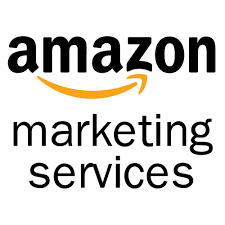 by
by 

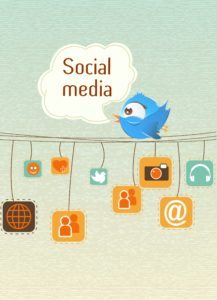 We discussed social media groups during
We discussed social media groups during 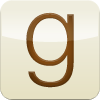 By
By
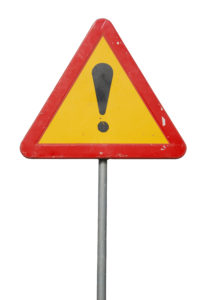 No matter how great a book’s cover and blurb, one thing can stop me from buying yet another ebook for my Kindle: an author bio on the buy page that screams “amateur.”
No matter how great a book’s cover and blurb, one thing can stop me from buying yet another ebook for my Kindle: an author bio on the buy page that screams “amateur.” This guest post is by Kristen Harnisch. Harnisch is the award-winning author of
This guest post is by Kristen Harnisch. Harnisch is the award-winning author of 
 5 Bad Reasons for Author Blogs
5 Bad Reasons for Author Blogs by Keely Brooke Keith
by Keely Brooke Keith Think of a press kit as a compilation album of your marketing materials, plus a few more goodies.
Think of a press kit as a compilation album of your marketing materials, plus a few more goodies. Covers Can Make or Break a Book
Covers Can Make or Break a Book Finding an audience for your books can seem like an insurmountable task when you enter the publishing space with no prior experience. Thankfully, Twitter can help you become not only an engaged member of the community but—in time—an influencer with a loyal audience.
Finding an audience for your books can seem like an insurmountable task when you enter the publishing space with no prior experience. Thankfully, Twitter can help you become not only an engaged member of the community but—in time—an influencer with a loyal audience. by K.S. Brooks
by K.S. Brooks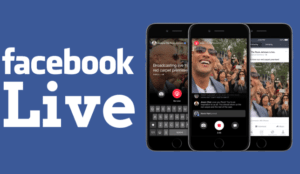 Almost every single Indie author that I know is on Facebook. Most of us spend time trying to sell our books to our friends, and many authors I know still insist on spending time copying and pasting a generic post to 20 or 30 Facebook groups and hoping that it will get them sales. STOP. There is a better way.
Almost every single Indie author that I know is on Facebook. Most of us spend time trying to sell our books to our friends, and many authors I know still insist on spending time copying and pasting a generic post to 20 or 30 Facebook groups and hoping that it will get them sales. STOP. There is a better way.